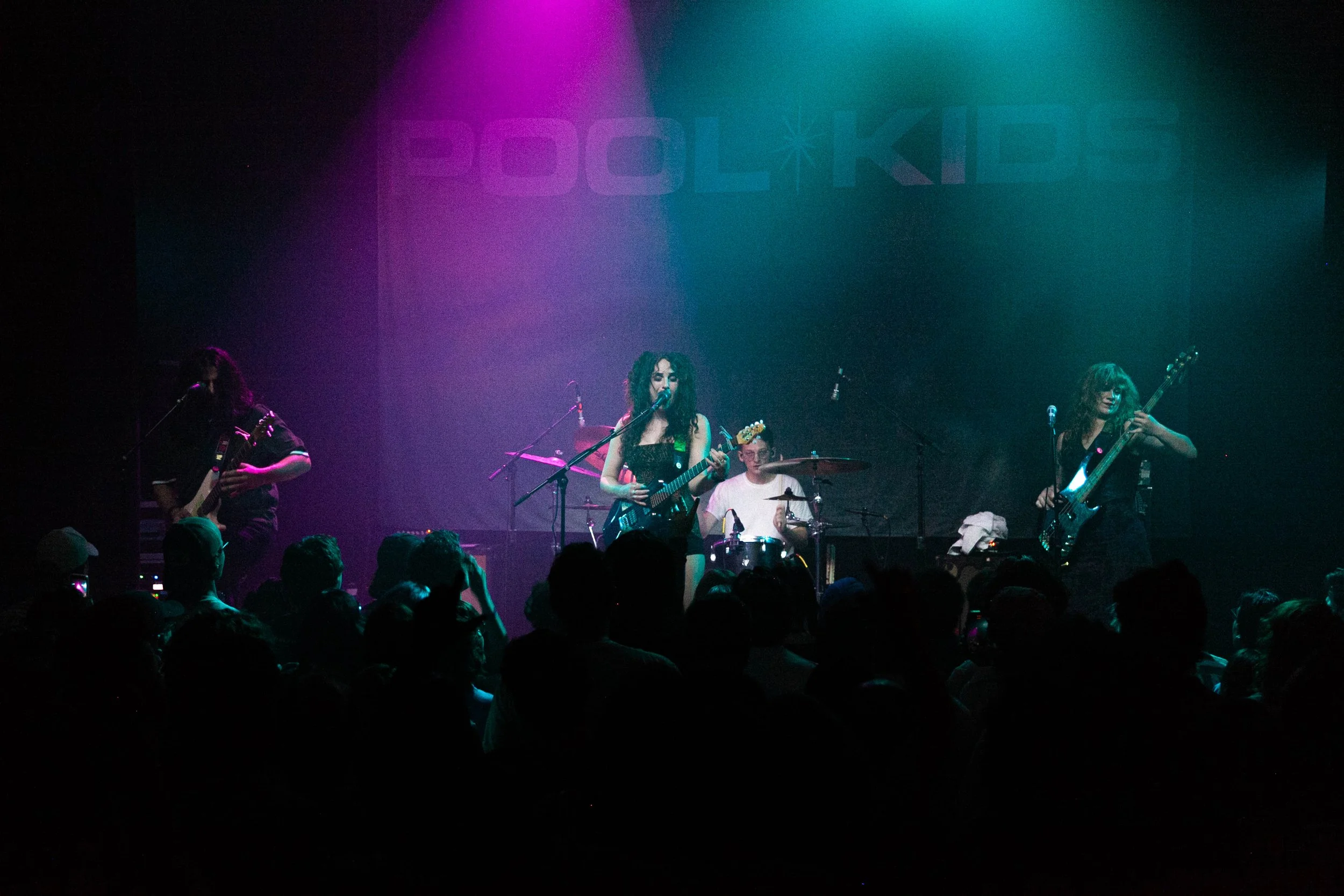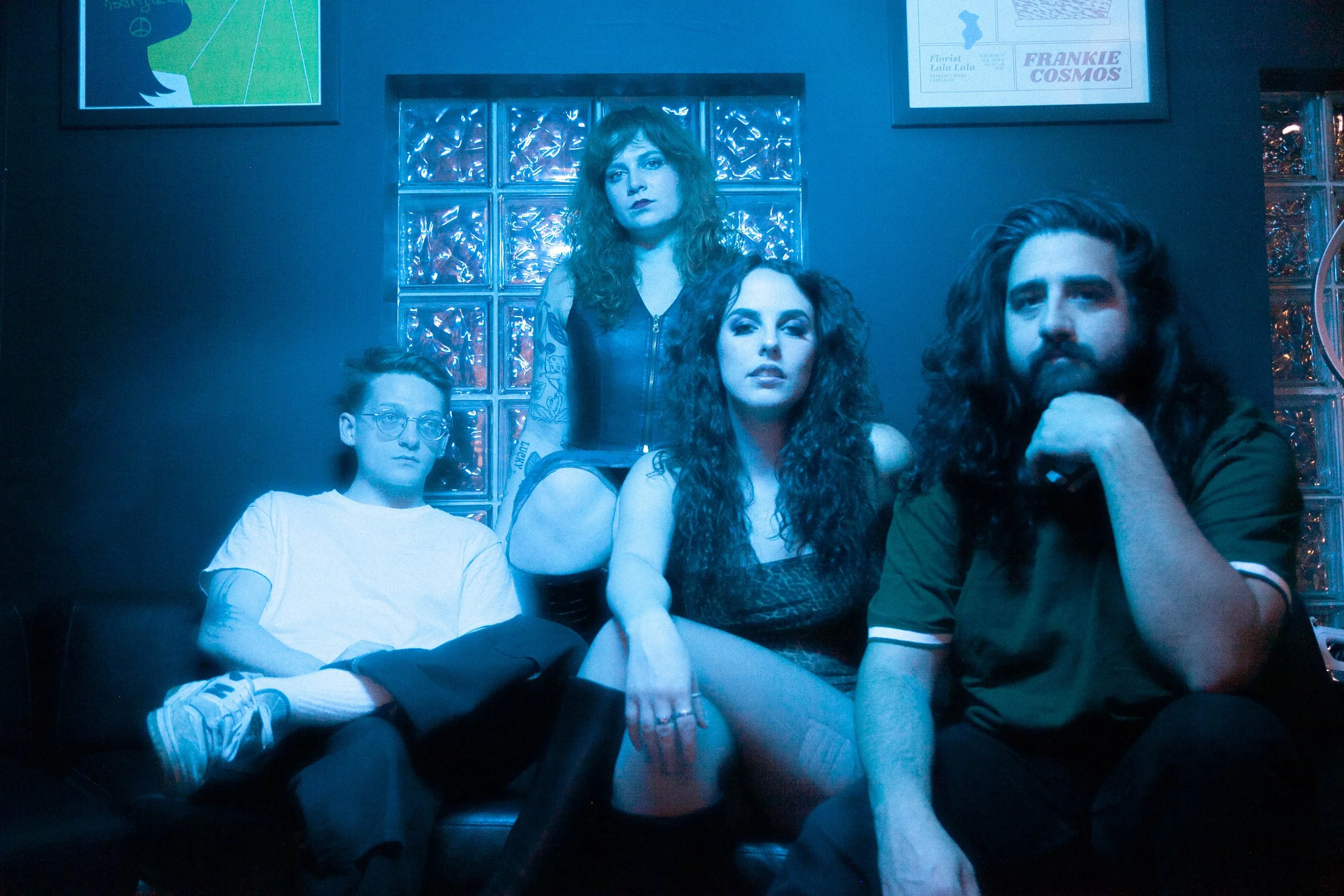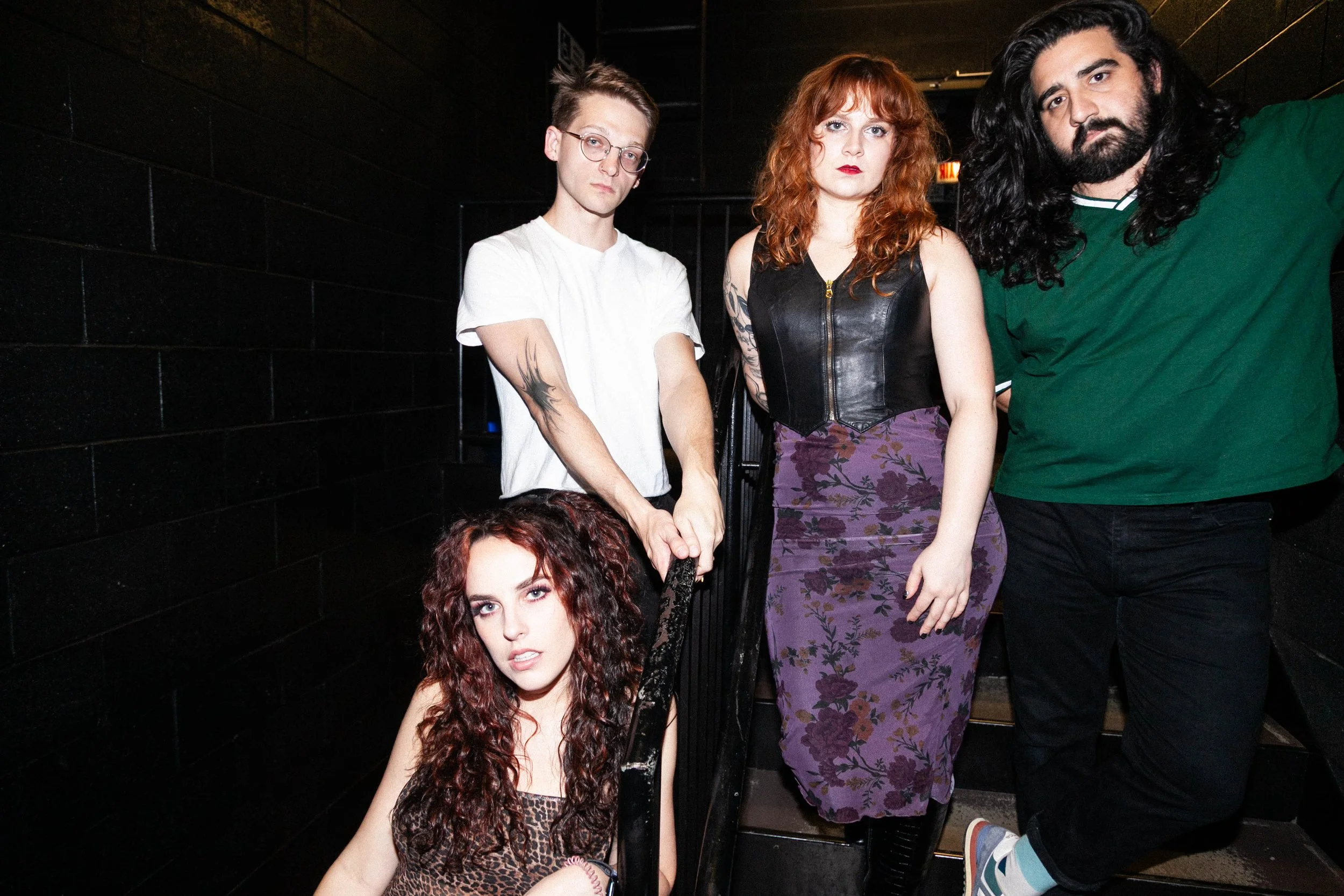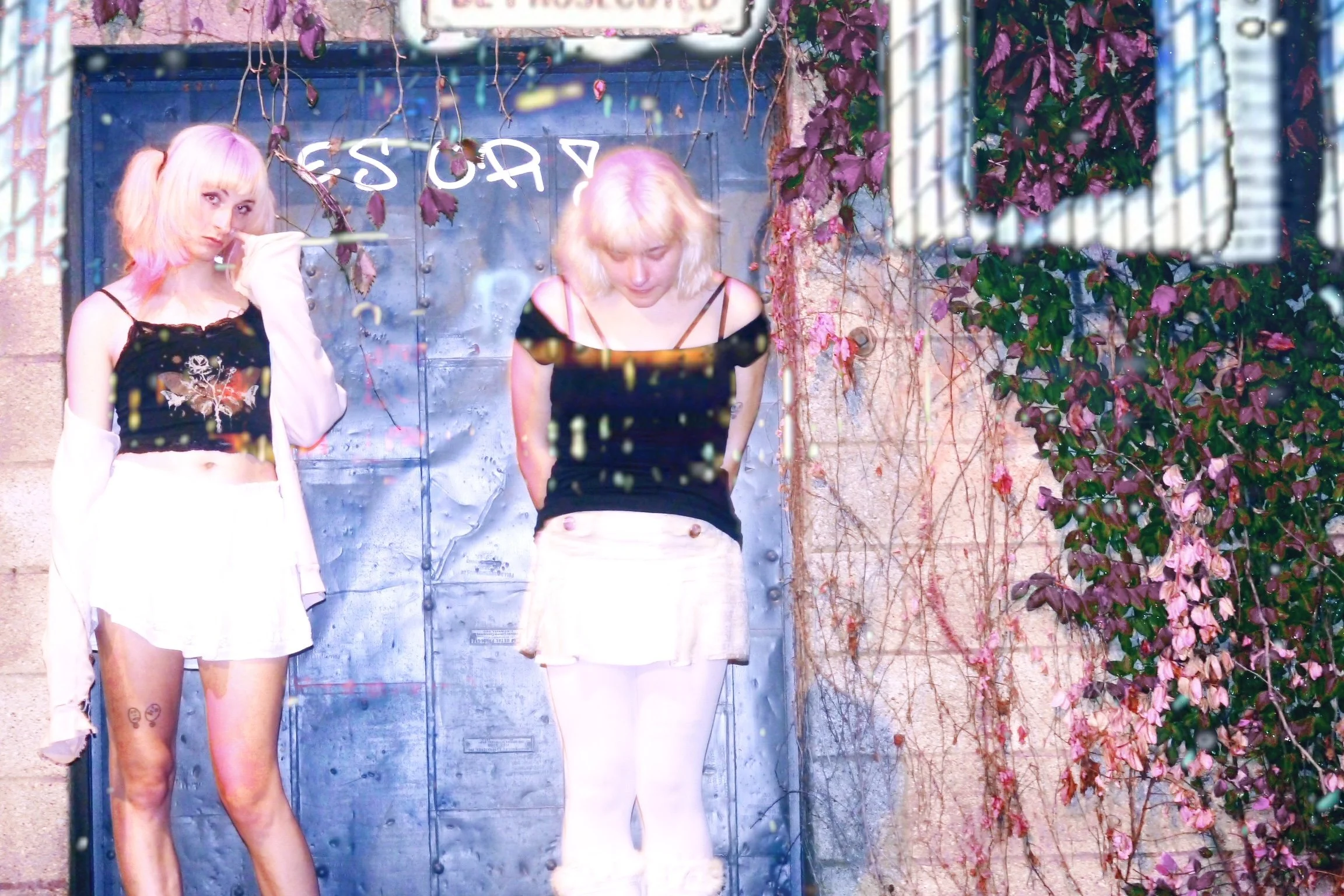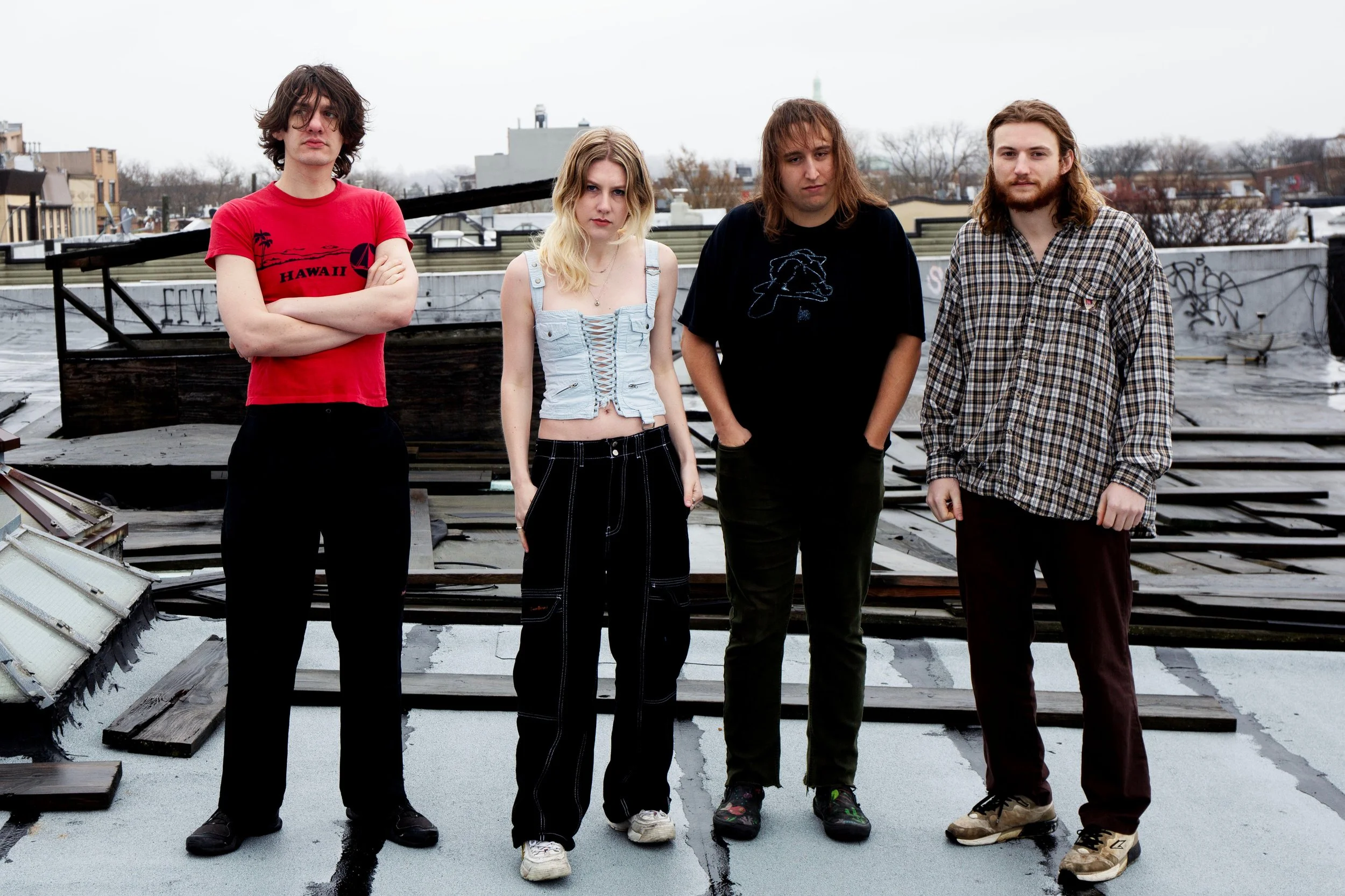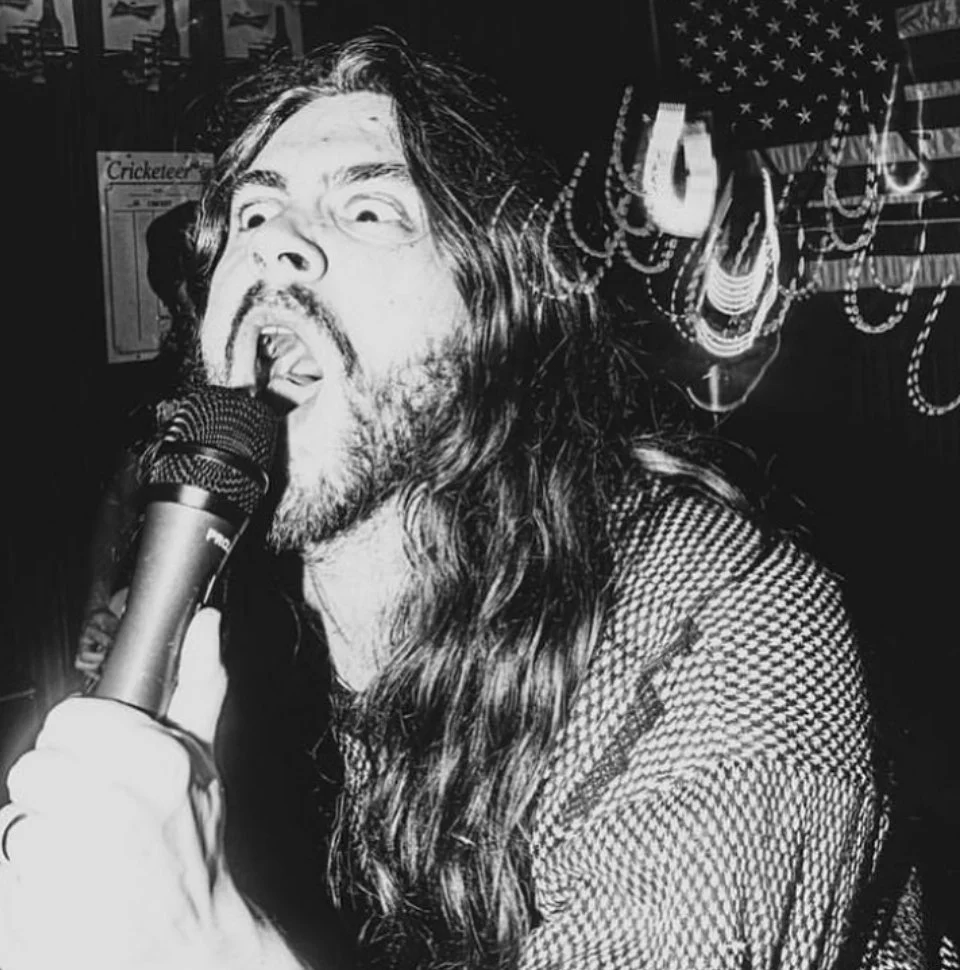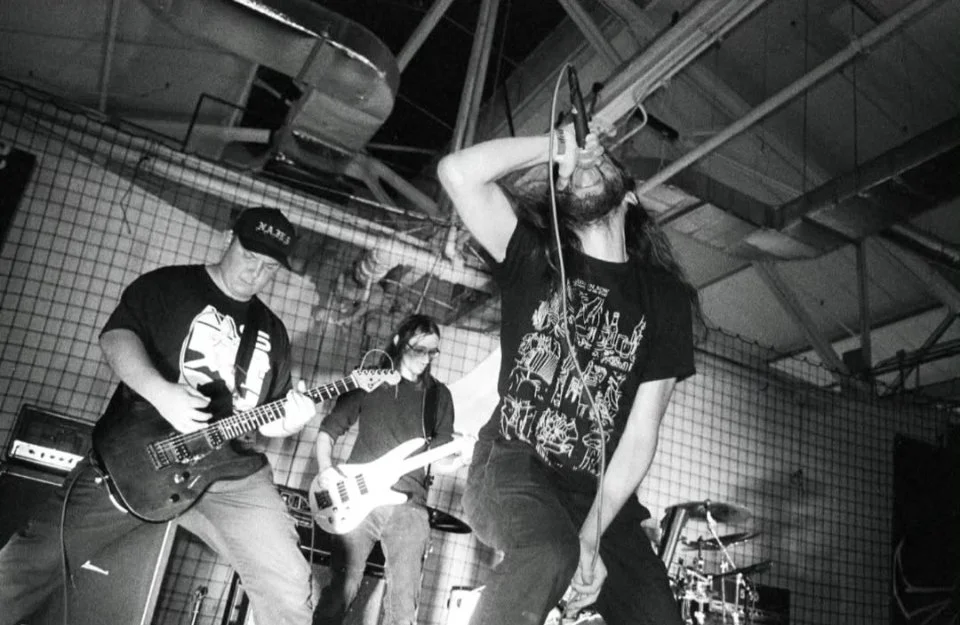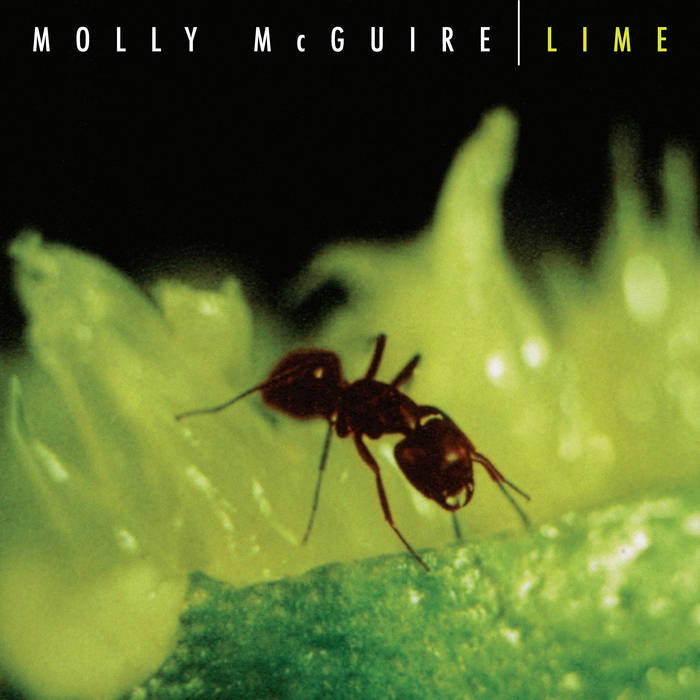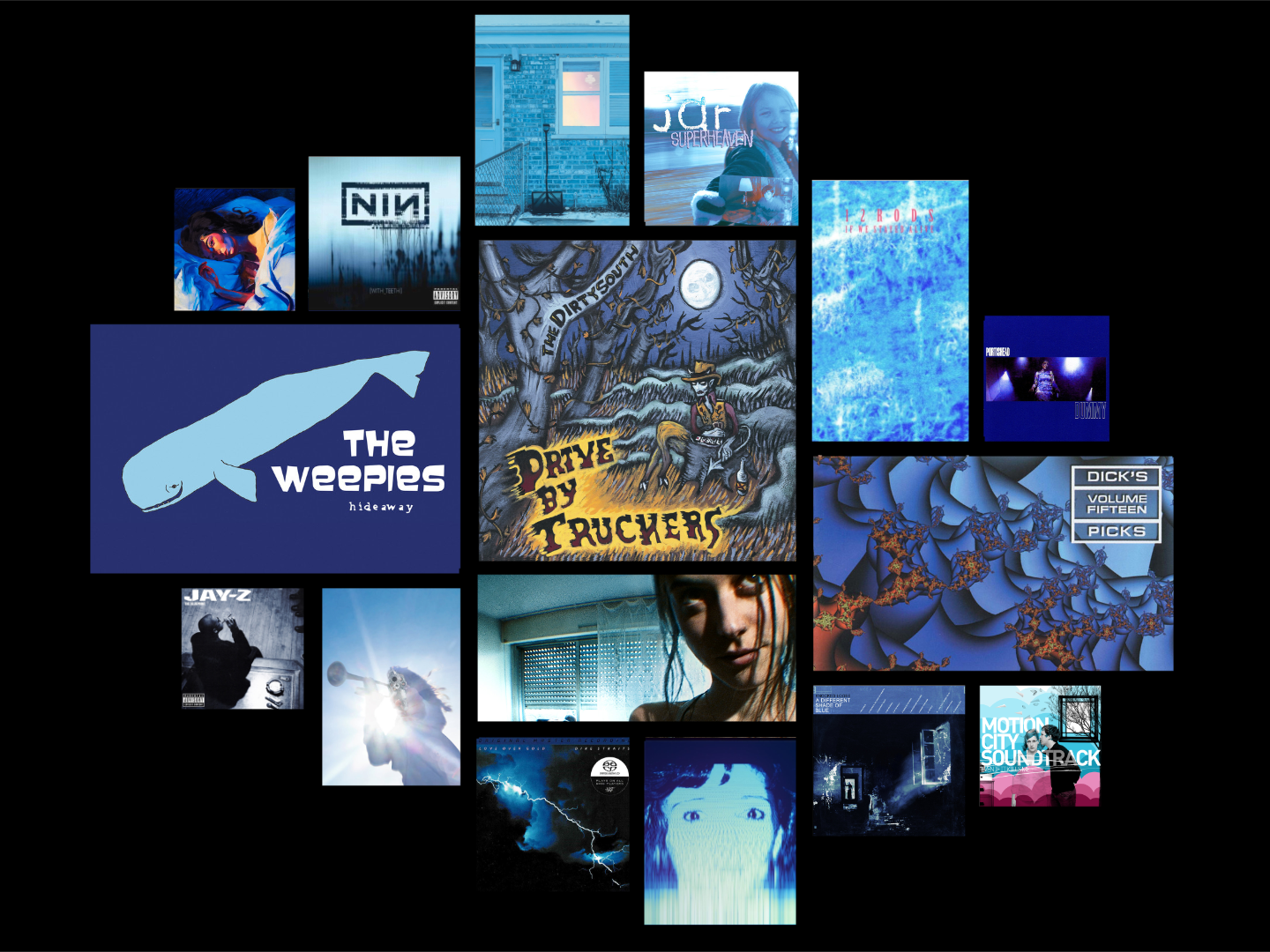A Dive Into The Deep End With Pool Kids
/Photo By David Williams
The art of being a showstopper is not something that is easily quantifiable. There’s no math equation or magic formula you can use to determine when an artist attains this mythical status, but you probably know it when you see it. In a world where inflation has hit concert ticket prices harder than a Mike Tyson hook to the ribcage, fans have to pick and choose which shows they attend now more than ever. People are looking for a reason to leave their house, and when they do, they want to have an experience. That’s where the showstopper comes in, giving the audience an uncompromising performance that’s unmatched by their peers. The audience wants something memorable that they can tell their friends about — something they didn’t know they needed, maybe something they didn’t even know was possible.
That’s where Christine Goodwyne, Caden Clinton, Andy Anaya, and Nicolette Alvarez enter the conversation. The quartet hailing from Tallahassee, Florida, make up the rock band Pool Kids. I had my head blown off seeing them perform their latest record, Easier Said Than Done, on their headlining tour this past fall. I can confirm that a song like “Leona Street,” with its pop-flair chorus, hits just as hard in person as it does on the record. In comparison to their first two albums, which leaned into the group’s mathy emo tendencies, I get the sense that Pool Kids allowed themselves more freedom on Easier Said Than Done, which also means they had new avenues to go absolutely batshit on stage.
Photo By David Williams
In concert, the band elevates their music in the best way possible, bringing an unlimited amount of energy to the stage and demanding it in return from the crowd. This was a throwback type of performance from a band that is clearly a master of their craft and fan engagement. Goodwyne had the fans in the palm of her hand as she crowd surfed and made her way to the middle of the room, essentially singing in the eye of the storm. All the while, Anaya was gesturing to his ears for more noise from the fans, like he was mid-80s Hulk Hogan hyping up the crowd.
Even with their fierce and precise instrumentation, there’s an unpredictability with Pool Kids that makes them worth the price of admission. At the show I went to, Christine Goodwyne got engaged on stage with her now-fiancé. If that isn’t unpredictable, then I don’t know what is.
Last fall, before their sold-out show at Lincoln Hall in Chicago, I got a chance to have a photoshoot around the venue with Pool Kids. Christine Goodwyne responded to my questions via email about everything from their approach to live shows to dream bands to tour with and getting engaged on stage.
Photo By David Williams
SWIM: What's the last show you saw that lit a competitive spirit and made you want to practice harder for the next time you went to the studio?
GOODWYNE: I don't know that I feel “competitive” in those situations; I see it more as feeling inspired. I love it when I go to a show and find myself feeling inspired and motivated to get home and work. I definitely felt that way watching Foxing at Thalia Hall, which was literally the last show we played. I always say that I feel inspired by so many of the bands we play with, but I really do mean it in a literal sense. I see other people’s ideas and the way they do things then it makes me feel excited to go back home and work on ways to make our show better.
SWIM: Is how you approach creating music today different than how you approached your debut record in 2018?
GOODWYNE: Definitely. For our debut record, I was trying to finish it as quickly as possible and didn't really know how to pick a song apart or experiment with structure and presentation. I would just kind of write random guitar parts and smash them together, which I think gave that record a more math-rock feel that some people like. I also wrote most of the vocals after figuring out the guitars. Now I figure out vocals as I’m fleshing out the guitar and general structure. I also tinker with the songs a lot more before deciding on what to bring to the band, and then we have fun tinkering even more as a full band. But yeah, the biggest difference is definitely that it’s not just Caden and me anymore, so there’s a lot more insight and input and exploration with all four of us once we get in a room together.
SWIM: Easier Said Than Done has countless fun, sing-along choruses, with the standout for me being "Leona Street." Are there any bands you listened to growing up that influenced how you create a fun pop song?
GOODWYNE: I didn’t really start getting into pop music until my adult life, I would say, a few years after starting the band. I had a lot of catching up to do, I got really into Charli XCX and Lady Gaga, and now I can appreciate a lot of Taylor Swift, too. But when I started getting into that kind of music, that’s definitely when I started to pay more attention to song structure and writing an actual chorus, and what makes a chorus or a hook “catchy.”
SWIM: Can you tell me about your vision going into making Easier Said Than Done: the topics you wanted to approach and how you wanted the songs to sound sonically?
GOODWYNE: I don’t know that I’ve ever sat down before writing a record and decided ahead of time what topics I want to approach. I feel like I’m just always slowly writing songs, and whichever ones aren’t ready in time for the studio on the current record just get carried over to the next. As far as subject matter, not to get all Rick Rubin or spiritual about it, but I sort of feel like I don’t have much of a choice in what ideas come to me. I’m kind of just at the mercy of whatever lyric ideas pop into my head, and then I just have to take that and run with it. I never in a million years would have planned to write a song like “Dani,” which is about a childhood friend’s trauma, but the lyrics just started coming to me, so I was like “welp, here we go I guess.”
SWIM: Your live show is an incredibly fun experience worth the price of admission alone. In this day and age, shows are about stage presence and keeping the fans engaged, which you all seem to be students of the game in that regard. How did you all develop your stage presence? Is it something that happened naturally, or did it take time to develop?
GOODWYNE: That’s a great question. We actually used to be super stiff on stage, and I remember the moment where that really changed. We were going on one of our first tours with Mom Jeans, and a friend who had also toured with them was like, “You just have to go absolutely crazy on stage to keep their attention. They see you as a barrier standing in between them and who they really want to see, so you just have to go absolutely crazy.” We all sort of looked at each other before going on stage and were like, “fuck it, who cares if we look stupid, let’s just go fucking crazy.” Andy already had a great stage presence at that point because he had been touring for a long time before that, but I remember that show being sort of a breakthrough for Nicolette and I. We realized how much better it made the show, and we just started doing that every time.
Photo By David Williams
SWIM: Who is on your dream list of bands you would love to tour with in the future?
GOODWYNE: I’ll spare you the list of 100 bands, but ones we’ve been talking about more recently have definitely been Wet Leg, Mannequin Pussy, HAIM, Amyl and the Sniffers, Japanese Breakfast, and Wednesday… there are so many more, though.
SWIM: Biopics seem to be the latest rage recently from movies about Bob Dylan, Pavement and now Bruce Springsteen in the past year. What's your favorite music biopic film and why?
GOODWYNE: I sort of live under a rock and don’t think I’ve seen any true biopics, but we definitely love a good music doc. We LOVE Some Kind of Monster, as well as Mistaken for Strangers, both of which were shown to us by Andy.
SWIM: Lastly, congratulations to Christine on getting engaged at the Chicago show! What an amazing moment that must have been. Can you describe to me the emotions you were going through up there on stage while everything was happening? Did you have a heads-up that something was up, or were you totally in shock?
GOODWYNE: Me AND THE BAND both had no idea it was going to happen, haha. He didn’t want there to be any secrets in the van because he knew I would grill everyone if I sensed something was up, so he really kept it a secret. I did know to expect a proposal within the year or so, and I had even dropped hints about wanting an on-stage proposal… but for whatever reason, it just did NOT cross my mind to expect it that day. I was watching him sing and dance for the whole set, and then he disappeared for like the last three songs. I asked the crowd, “Where is Nick??!” and when he walked up onto the stage, I thought he was just showing me ‘here I am, babe!’ but right before he grabbed the mic, I saw that his facial expression was very focused instead of funny, and that’s when I realized what was happening haha. He nailed it.
David is a content mercenary based in Chicago. He’s also a freelance writer specializing in music, movies, and culture. His hidden talents are his mid-range jump shot and the ability to always be able to tell when someone is uncomfortable at a party. You can find him scrolling away on Instagram @davidmwill89, Twitter @Cobretti24, or Medium @davidmwms.

